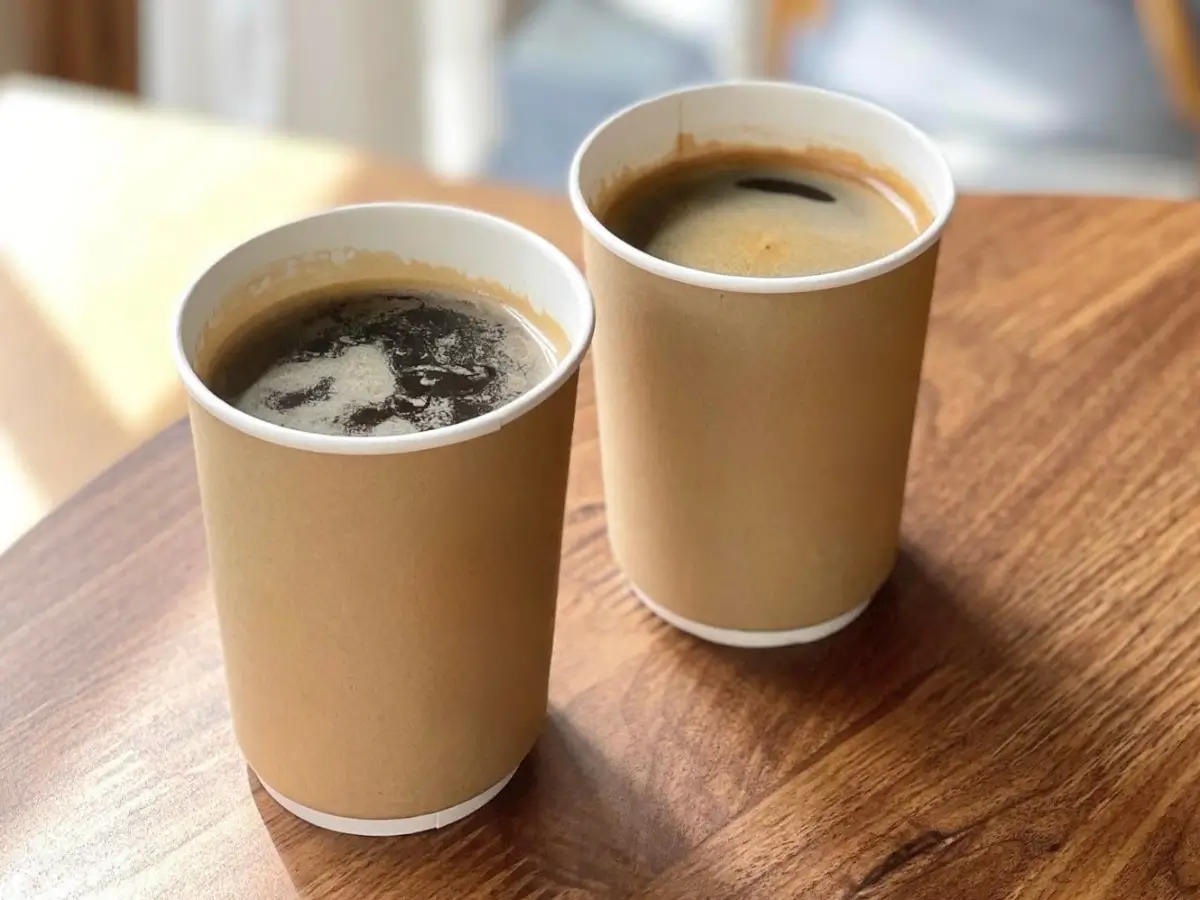Recycling contamination is a growing issue, and it's more important than ever to recycle smarter. Let's dive into some easy tips to keep your recycling clean and effective!
Recycling contamination is a growing issue, and it's more important than ever to recycle smarter. Tossing items you think can be recycled into your bin can actually lead to problems for recycling facilities, costing municipalities a lot of money in disposal fees and risking the entire recycling system. Let's dive into some easy tips to keep your recycling clean and effective!
1. Soft paper products go in the garbage
You might think paper towels, napkins, and facial tissues are recyclable since they're made of paper. But here's the deal: they're usually too soiled and made from fibers that can't be recycled. Instead, check if your municipality accepts them in an organic collection program or compost.
Pro Tip: Switch to reusable options! Cloth towels and napkins are great sustainable alternatives, and some companies even offer washable fabric options to replace disposable paper.
2. Rinse your containers
A quick rinse is all it takes! Containers with leftover food residue can contaminate other recyclables, like paper and cardboard. Wet cardboard is a no-go for recycling facilities and can end up in a landfill.
Pro Tip: You don't need a full scrub down! A simple rinse in leftover dishwater or a shake with a little water can get the job done. Let them dry a bit to keep them from dampening other materials in your bin.
3. Get rid of food grease
Food grease is a big issue for recycling. Greasy pizza boxes or sandwich wrappers can't be sorted out and will ruin a whole batch of paper products during processing.
Pro Tip: Remove the greasy parts of pizza boxes and toss them in the garbage, leaving only the clean parts for recycling.
4. No plastic bags in the bin
Plastic bags are major recycling troublemakers! They can get tangled in recycling facility equipment and pose risks for workers.
Pro Tip: Collect your plastic bags and take them to a store with a drop-off recycling bin instead of tossing them in your home bin.
5. Donate extra plastic containers
Many curbside recycling programs don't accept black plastic takeout containers. They often end up contaminating other recyclables.
Pro Tip: Clean them out and donate to local food kitchens that distribute meals to those in need.
6. Know which plastics are accepted
Not all plastics are treated the same. Different facilities accept different types of plastics, so tossing in something not accepted can lead to contamination.
Pro Tip: Look for the recycling symbol on the packaging and check the number. #1 and #2 plastics are usually safe, but #3-7 can vary by location.
7. Don't throw batteries in the recycling bin
Batteries, especially lithium-ion ones, can be dangerous in recycling bins due to fire risks and chemical leaks.
Pro Tip: Use programs like Call2Recycle to drop off or mail in your batteries safely.
8. Coffee cups go in the garbage
Paper coffee cups might look recyclable, but they have a plastic lining that makes them a no-go for most curbside programs.
Pro Tip: Bring a reusable coffee mug! It's better for the environment and will reduce waste.
9. Check freezer box labels
Frozen food boxes often contain plastic or wax linings that can't be recycled with regular cardboard.
Pro Tip: Choose fresh foods when possible, or use reusable containers for freezing.
10. Dispose of hazardous materials properly
Recycling facilities often struggle with hazardous waste. Many items need special disposal methods, so don't toss them in your home recycling bin.
Pro Tip: Look up local disposal options for hazardous waste, electronics, and bulky items with your local program.
Recycling can feel overwhelming, but with a little planning, you can help keep our environment clean and our recycling facilities running smoothly. Remember to check with your municipality about what's accepted and use the Recycle Coach app to find out what goes where. By being informed and reducing contamination, we can all contribute to a healthier planet!




